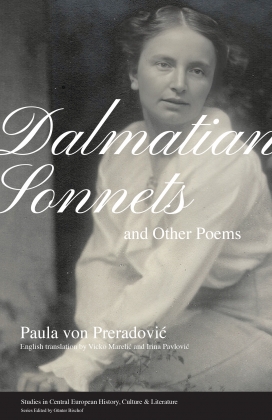
Myths in Austrian History
Description
Austria's post-WWII 'victim-myth' both shaped the country post-war history and, since its deconstruction in the aftermath of the Waldheim affair, is now a central trope in the scholarly literature. This volume aims at extending the discussion of different myths throughout Austria's 20th century-history and some of their continuing impact on the present. We consider 'myths' to be socially, culturally and politically consequential - though always also contestable - narratives of particular pasts and their purported meanings. Such narratives are, at best, selective in what is being remembered. At worst, they contain outright distortions that are arguably particularly topical at our present historical juncture with its concerns about the 'post-factual'. Distinctly inter-disciplinary and focused on different realms of 'myth-making', this volume casts its analytical net unusually wide. The various myths critically examined here thus include: artistic representations of 'Austrian'/'German landscapes' both before and after the Anschluss; Austrian narratives surrounding World War II, the Holocaust and the much-discussed Stunde Null; re-construction and the Marshall Plan; neutrality; the trope of post-war Austria as an Insel der Seligen; collective self-portrayals as an Umweltvorzeigeland; Viennese narratives about the city's Jewish history; Mitteleuropa-Nostalgie and its (transnational) manifestations in policy-making. Importantly, this volume offers different critical responses to such myths, searching assessments about their political impact or usefulness, and thought-provoking discussions of the role and responsibilities of scholarship vis-a-vis such highly selective or positively distorting narratives.
Author Bio
Günter Bischof is the Marshall Plan Professor of History and the Director of Center Austria at the University of New Orleans.
Marc Landry is Associate Director of Center Austria and Assistant Professor of Central European history at the University of New Orleans.
Christian Karner is currently Professor of Sociology at the University of Lincoln, UK.





